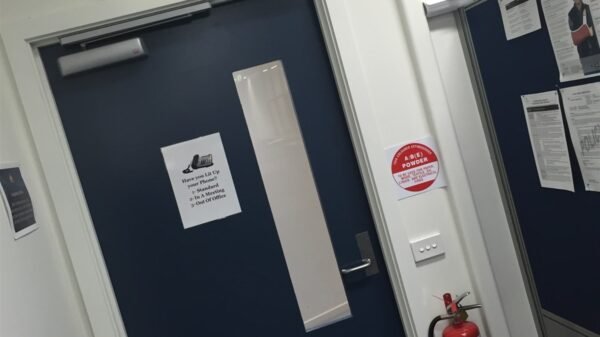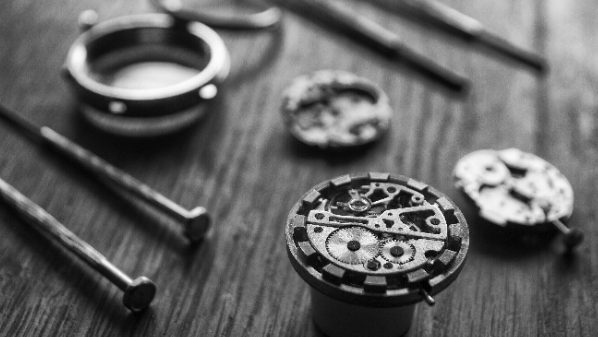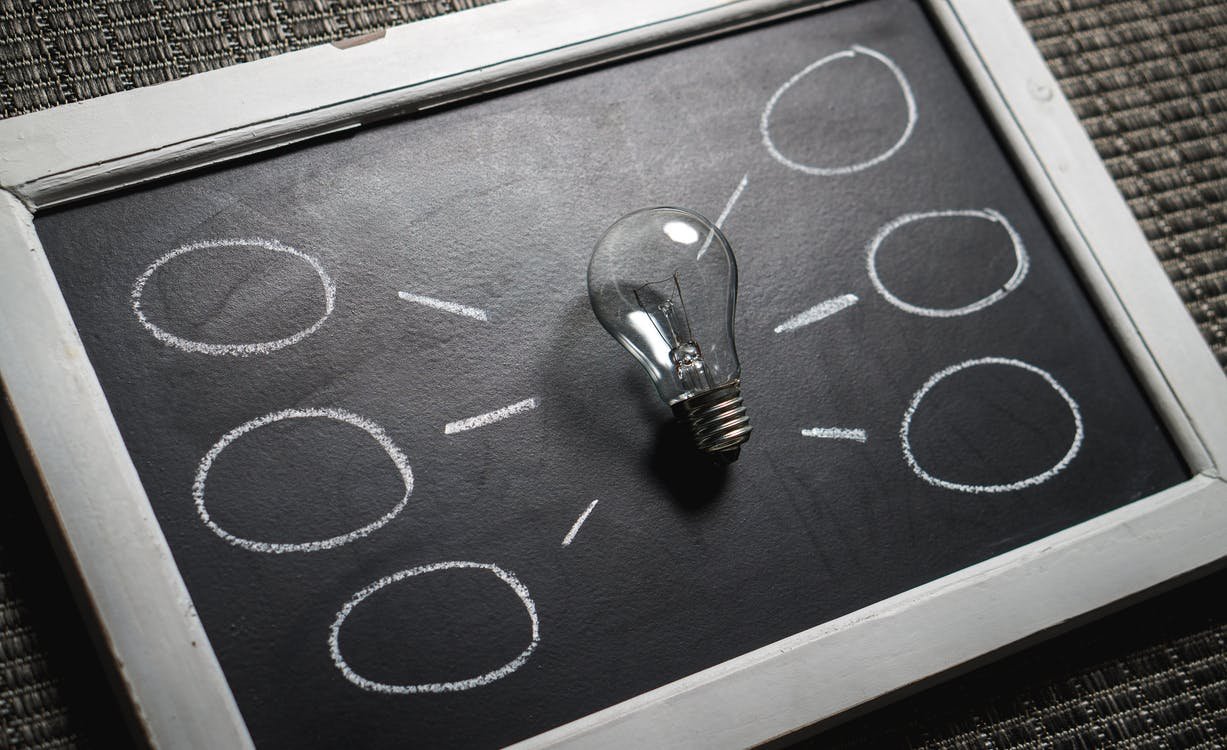Critical thinking means to assess and consider all facts and information before deriving a conclusion and solving a problem. By incorporating personal experiences and objective inferences, you can solve a problem effectively.
To help build and develop skills in order to be more employable, you can use some tools and resources that let you diversify your thoughts and ideas.
It will introduce you to new kinds of knowledge bases and instill your mind with different ideas and ways of thinking that will let you think more critically. Once you develop critical thinking skills, you can make well-informed decisions that will guide you toward growth and success.
Even during your studies, no matter the subject matter, you will require critical thinking to help you analyze and process information quickly and accurately. The skill of critical thinking will be especially handy if you are undergoing a tough exam with strict passing criteria.
To overcome your lack of critical thinking ability, let us look at some steps you can follow to improve.
Step 1: Observe and Be Aware
A good observer considers more than one viewpoint and keeps an open mind for opposing viewpoints. It helps you learn and critically evaluate a situation.
For example, suppose you want to become a chartered public accountant. You need to find the best resources to help you get to your goal. If you are lucky, your search should lead you to Wiley’s Efficient Learning program. You can check out Wiley CPA exam review and decide for yourself. CPA exams are tough. Wiley offers the best course materials and guidance to help prepare you to ace the exam.
For your academic success, critical thinking is invaluable. Another area where you will have to draw extensively on your critical thinking skills is when you have to research. Every research paper you encounter references another research, critically analyzing and striving to improve on it.
A stated goal of most academic institutions is to hone their students’ ability to think critically. It makes a person valuable, no matter what profession they choose in the future.
Stronger observation requires one to differentiate between approaches and disciplines. By working with multidisciplinary departments, you can tackle a problem more effectively.
Step 2: Understand Your Thinking Process
Once you observe and are aware of your thinking process, consider how you approach it. Your thinking process will define how you listen, interpret and react to something.
Your beliefs, values, morals, prejudices, and past personal experiences will likely influence how you process information. However, in critical thinking, you do not blow everything out of proportions. You keep perspectives and opinions in check and inform and build on arguments.
A critical thinker makes connections between different ideas and evaluates them. It helps students learn history, culture, politics, and geography in a way that can enrich their own life. The idea is not to learn all the names, dates, and places but to understand what happened and why.
Step 3: Predict Outcomes
Critically analyzing a problem requires predicting outcomes of different actions, both positive and negative. It means weighing your options to predict the best possible outcome to solve a problem.
You can predict outcomes by evaluating your work and assessing the strength of your arguments to see if there is room for improvement. For example, if you are trying to learn the material from your textbook, it is better to consult reference books or research papers on similar topics to get the bigger picture.
Step 4: Listen Actively
Active listening means understanding and empathizing with what the other is saying. It helps if you put yourself in the other person’s shoes and see things from their point of view. You acquire a deeper understanding of their needs, expectations, and desires.
It will make you react positively to them, leading to a more productive conversation.
Step 5: Inquire
If you are not sure of something, inquiry will let you gain a better understanding of the subject. The more you inquire about something, the more you get to exercise your critical thinking muscles.
Asking various questions showcases your ability to think of something from multiple angles.
Being passive is the opposite of an inquiring mind. A passive thinker is not a critical thinker. For example, in a classroom, the kid who asks the most questions ends up being the smartest kid.
A critical thinker will also ask if a particular piece of information is an idea, a theory, a fact, or an opinion. It lets you assign a purpose to each piece of information you receive and process.
Step 6: Evaluate Already Existing Evidence
The final critical thinking step requires procuring existing evidence and holding it against the new information received. It is where you get to connect different ideas and tie loose ends. You make inferences and draw the most suitable conclusions.
The conclusions you reach shouldn’t be colored with bias of any kind. They should remain objective throughout.
Conclusion
Critical thinking is a skill you can develop, unlike your IQ. Even if you have a low IQ, strong critical thinking skills will make you a valuable resource to any organization and help you excel in your academic career. Critically analyzing a problem allows you to review different options, perspectives, and ideas with an open mind.





























































